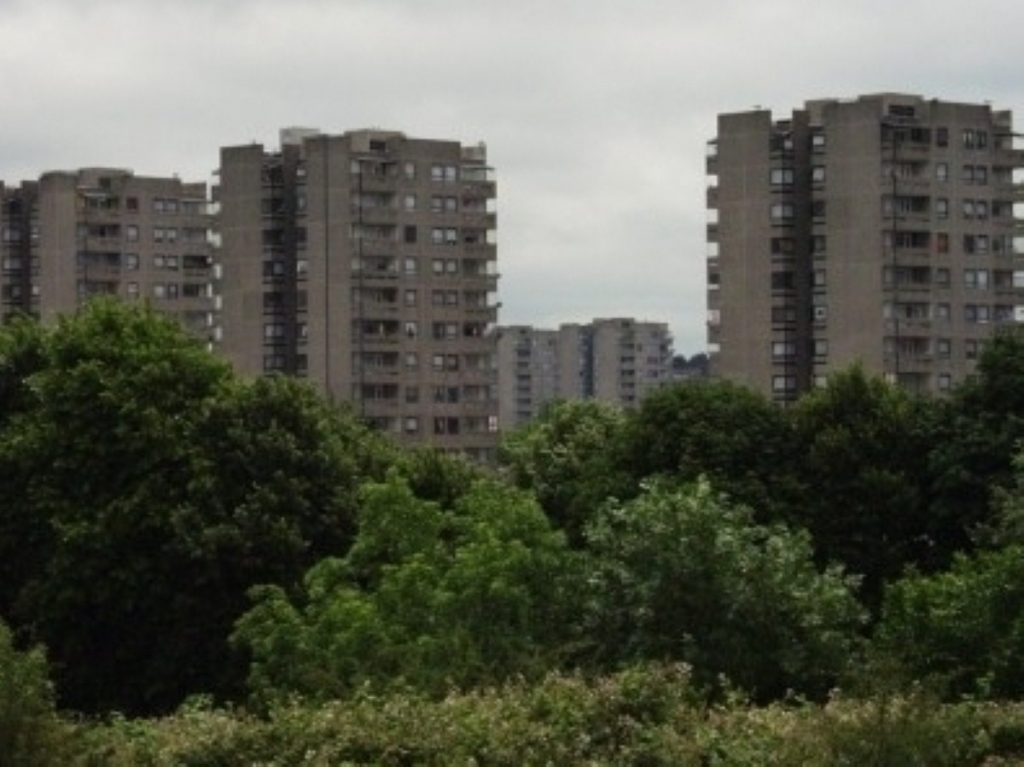‘New faultlines’ in British society
New faultlines are emerging in Britain’s society which threatens to make the country more unequal, a major report has warned.
The Equality and Human Rights Commission (EHRC) warned the country’s ageing population and its growing ethnic and religious diversity are unlikely to help politicians’ bids to reduce inequalities.
A seven-year difference in life expectancy between those in the top and bottom social classes, a 20% difference between educational attainments based on free school means eligibility and a 16.4% gender pay gap are among the gaps identified by its three-year report.


It acknowledges that Britain is a “largely tolerant and open-minded society” but notes that many long-standing inequalities have not been diminished in recent years.
EHRC chairman Trevor Phillips said British attitudes had moved “light years” but added that “our achievements haven’t yet caught up with our aspirations”.
“Sixty years on from the Beveridge report and the creation of the welfare state, his five giants of squalor, disease, ignorance, want and idleness have been cut down to size, though they still stalk the land,” he said.
“But in the 21st century we face a fresh challenge – the danger of a society divided by the barriers of inequality and injustice.”
The report highlights the fact that one in eight people in Britain provide unpaid care for adults.
It points out that the number of people aged 65 and over with care and support needs will rise by 87% between 2001 and 2051.
Britain’s ethnic diversification is also increasing inequality, the report suggests.
Black Caribbean and Pakistani babies are twice as likely to die in their first year as Bangladeshi or white British babies.
Forty-four per cent of black, Indian and Pakistani students are at ‘new’ universities compared to 35% of others.
And Pakistani and Bangladeshi men’s earnings fall 13% and 21% below what might be expected.

